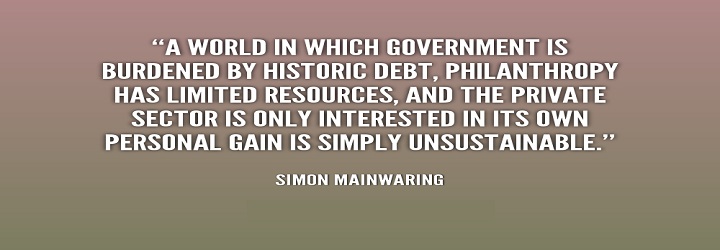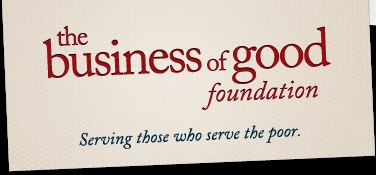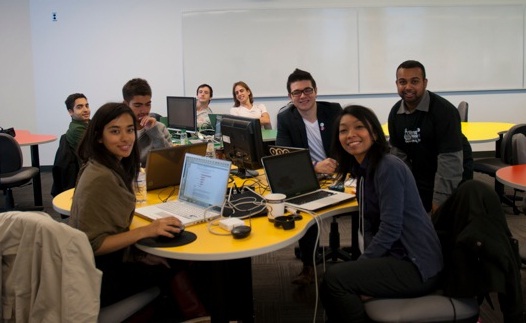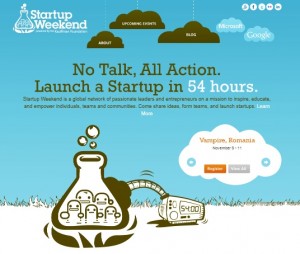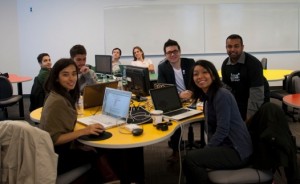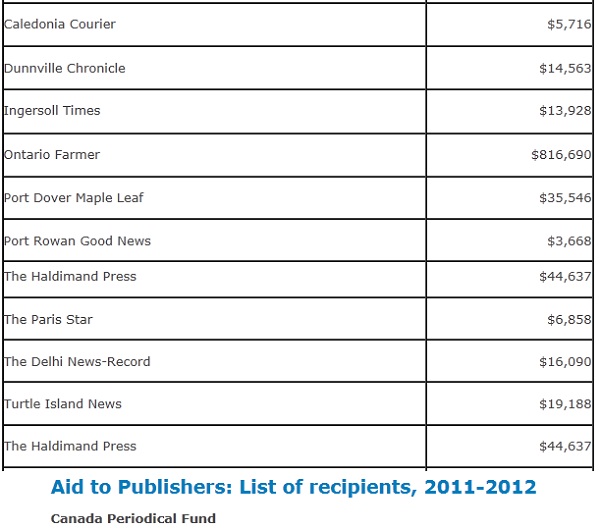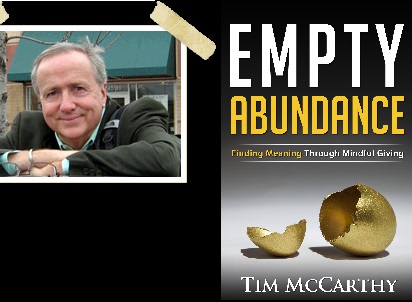
North Americans are still choosing to hold onto their money these days, a lesson learned from the 2008-09 financial crash.
It’s good to have savings – but not to the point of hoarding, says entrepreneur and philanthropist Tim McCarthy, author of “Empty Abundance”.
Citizens in the United States of America are saving at a rate of 5.30 percent, well above the record low of 0.80 percent in 2005, according to the U.S. Bureau of Economic Analysis.
The world’s billionaires are holding an average of $600 million each in cash, which is more than the gross domestic product of Dominica, according to the new Billionaire Census from Wealth-X and UBS. That’s up from $60 million the previous year, signaling that the very wealthy are keeping their money on the sidelines and waiting for an optimal investment time.
McCarthy diverts all of his business profits annually to his foundation, The Business of Good, which invests in socially conscious businesses and scalable nonprofit concepts.
He reviews what everyone has to gain from mindful giving.
• Money buys you happiness – up to $75,000 worth. Life satisfaction rises with income, but everyday happiness – another measure of well-being – changes little once a person earns $75,000 per year, according to a 2010 Princeton study. Another widely published survey by psychologist Roy Baumeister suggested that “happiness, or immediate fulfillment, is largely irrelevant to meaningfulness.” In other words, so many who finally achieve financial excess are unfulfilled by the rewards that come with that.
• Remember the wealth disconnection to overall fulfillment. A Gallup survey conducted in 132 countries found that people in wealthy countries rate themselves higher in happiness than those in poor countries. However, 95 percent of those surveyed in poverty-stricken countries such as Ethiopia, Kyrgyzstan and Sierra Leone reported leading meaningful lives, while less than 60 percent reported the same in wealthier countries.
“While more investigation to wealth, happiness and well-being is certainly in order, I think it’s clear that while money is important, it cannot buy purpose, significance or overall satisfaction,” McCarthy says.
• Giving money reliably equals happy money. Two behavioral scientists, Elizabeth Dunn and Michael Norton, explore in their recent book, “Happy Money: The Science of Smarter Spending,” what makes people engage in “prosocial behavior” – including charitable contributions, buying gifts and volunteering time. According to Dunn and Norton, recent research on happiness indicates that the most satisfying way of using money is to invest in others.
In 2010, multi-billionaires Warren Buffet and Bill and Melinda Gates co-founded The Giving Pledge, a long-term charitable effort that asks the wealthiest among us to commit to giving more than half of their fortunes to philanthropy. Among the first to join, Michael R. Bloomberg wrote in his pledge letter: “If you want to do something for your children and show how much you love them, the single best thing – by far – is to support organizations that will create a better world for them and their children.” To date, 115 of our country’s 495 billionaires have pledged.
• Anhedonia, amnesia and the fallacy of consumption. Anhedonia is the inability to enjoy activities that are typically found pleasurable.
“After making my wealth, I found that I suffered from anhedonia,” McCarthy says. “Mindful giving – intelligent and conscious giving to those who need it – turned out to be my best therapy.”
Everybody has experienced the limits of consumption, the economic law of diminishing returns. One cookie is nice and so, too, is your first $1 million. But at some point, your ability to enjoy eating cookies or earning millions diminishes more with each successive one.
“Everyone learns this lesson, yet the horror is that so many of us succeed in forgetting it,” McCarthy says. “I think that, in every moment, we need to remind ourselves that continually reaching for the next ‘cookie’ is not in our best interest.”
About Tim McCarthy
Tim McCarthy’s first business, WorkPlace Media, eventually built a permissioned database of 700,000 gatekeepers who reach more than 70 million employees with incentives for clients such as Coca-Cola, Lenscrafters and McDonalds. He sold the company in 2007 and recently bought it back.
